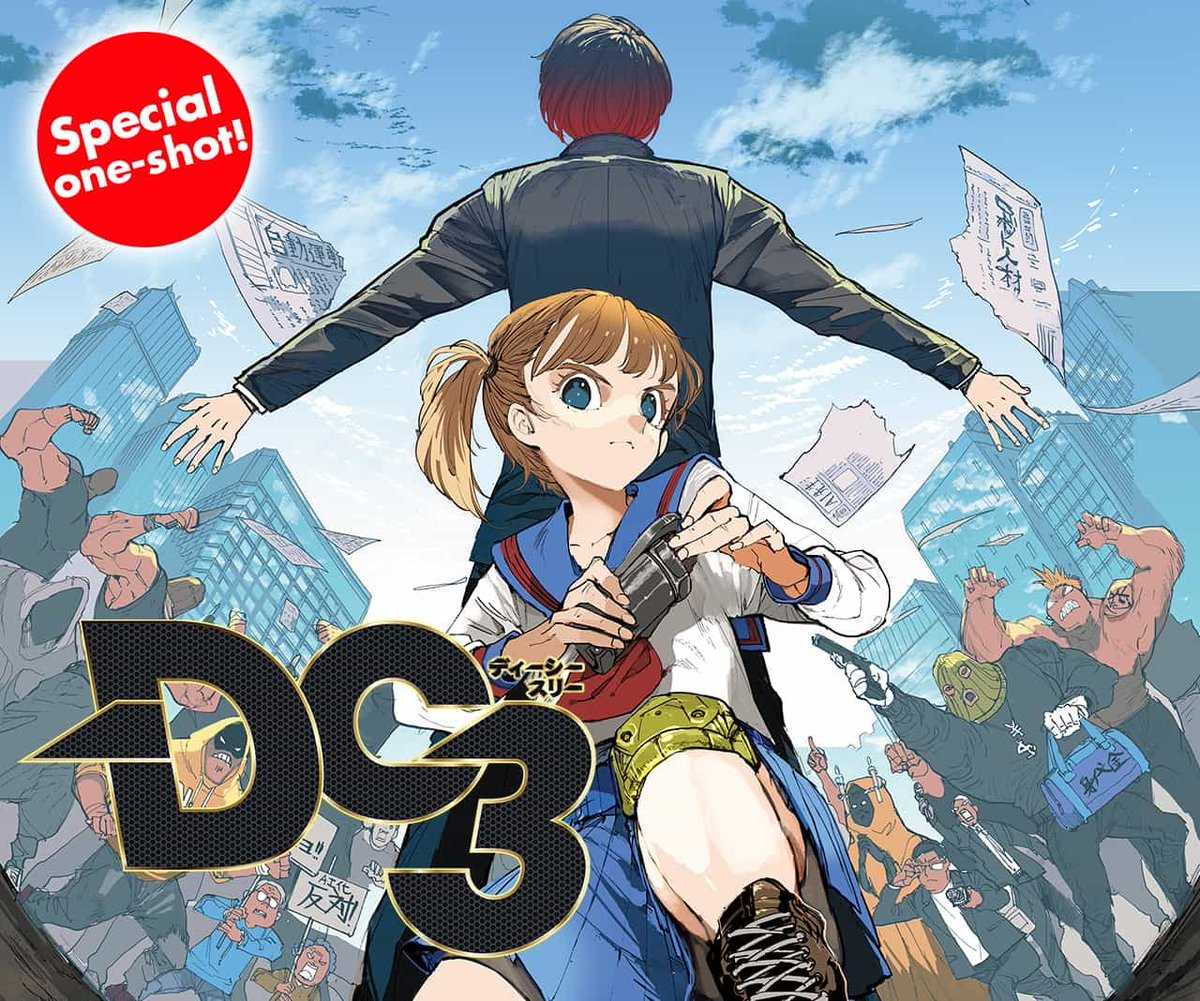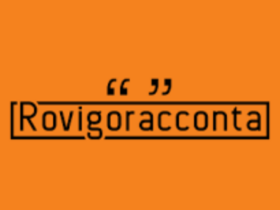The creators of The Promised Neverland, Kaiu Shirai and Posuka Demizu, propose a new one-shot work on Shonen Jump, a sci-fi theme, DC3. Is a new narrative universe about to be born?
Artificial intelligence and androids: this is the theme of DC3, the one-shot company Shirai e Demizu, published on Shonen Jump this week. The duo of authors who brought us The Promised Neverland, also among the pages of Jump, seem willing to want to continue the collaboration, and maybe bring new titles.
Recently, Shueisha had published a double interview with the two authors, in which they described a working dynamic of blind trust. After the great success of TPN, the public is eagerly awaiting their new manga. After Spirit Photographer Saburo Kono, this is the second time the duo offers a one-shot.
DC3 is a self-contained story of just over 50 pages, in which Shirai and Demizu try to explore completely different ideas from those of the manga that made them famous. Very often, a one-shot can become a series, if welcomed by the public. Will this be the case with DC3? Let’s try to see it together. As always, you can read Jump for free on MangaPlus.

DC3, the era of robotics
The plot of the manga is very simple and straightforward. The protagonist, Saho, is a young student daughter of the inventor of artificial intelligence. For this reason, he is the target of a myriad of groups who love, or hate, his father’s work.
Although Saho is physically handsome and able to escape her attackers, her father assigns her a peer-looking cybernetic bodyguard, called DC3.
Identifying the themes of the work is very simple: immediately the controversial nature of androids, the fear that they steal jobs from humans, and the dangerous military applications stand out. However, in the limited space of the one-shot, these issues are only hinted at.
To tell the truth, the whole story appears extremely simplified, even at the plot level, with many passages solved with trivial and hasty motivations. Normally this might be considered acceptable for a self-contained story, but in the case of Shirai-Demizu, perhaps something more should be expected. In general, it is difficult to see the touch of the two authors in the work, which is impersonal and sketchy.
A project in an embryonic stage, therefore, which still seems to have a long way to go to become a series, if it ever will. Despite the interesting topic, the magic of the first chapter of TPN is not felt at all. Sin.















Leave a Reply
View Comments